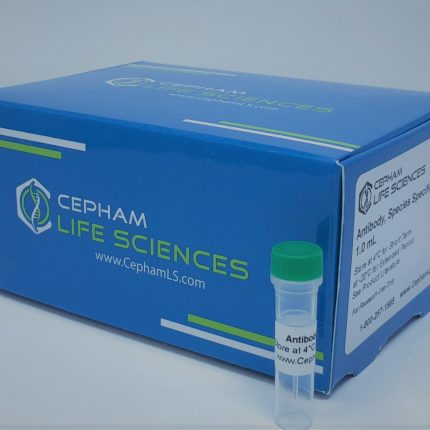Aliases
Lipid transfer protein II PLTP
Antibody Type
Polyclonal Antibody
Species
Human
Uniprot ID
P55058
Immunogen
Recombinant human Phospholipid transfer protein (18-493AA)
Raised In
Rabbit
Species Reactivity
Human
Tested Applications
ELISA;Not yet tested in other applications.
Background / Function
Facilitates the transfer of a spectrum of different lipid molecules, including diacylglycerol, phosphatidic acid, sphingomyelin, phosphatidylcholine, phosphatidylglycerol, cerebroside and phosphatidyl ethanolamine. Essential for the transfer of excess surface lipids from triglyceride-rich lipoproteins to HDL, thereby facilitating the formation of smaller lipoprotein remnants, contributing to the formation of LDL, and assisting in the maturation of HDL particles. PLTP also plays a key role in the uptake of cholesterol from peripheral cells and tissues that is subsequently transported to the liver for degradation and excretion. Two distinct forms of PLTP exist in plasma: an active form that can transfer PC from phospholipid vesicles to high-density lipoproteins (HDL), and an inactive form that lacks this capability.
Isotype
IgG
Conjugate
FITC
Storage Buffer
Preservative: 0.03% Proclin 300
Constituents: 50% Glycerol, 0.01M PBS, PH 7.4
Form
Liquid
Storage
Shipped at 4°C. Upon delivery aliquot and store at -20°C or -80°C. Avoid repeated freeze.
Purity
Caprylic Acid Ammonium Sulfate Precipitation purified
Research
Transport
Literature
[1]Complete cDNA encoding human phospholipid transfer protein from human endothelial cells.Day J.R., Albers J.J., Lofton-Day C.E., Gilbert T.L., Ching A.F.T., Grant F.J., O’Hara P.J., Marcovina S.M., Adolphson J.L.J. Biol. Chem. 269:9388-9391(1994) [2]







